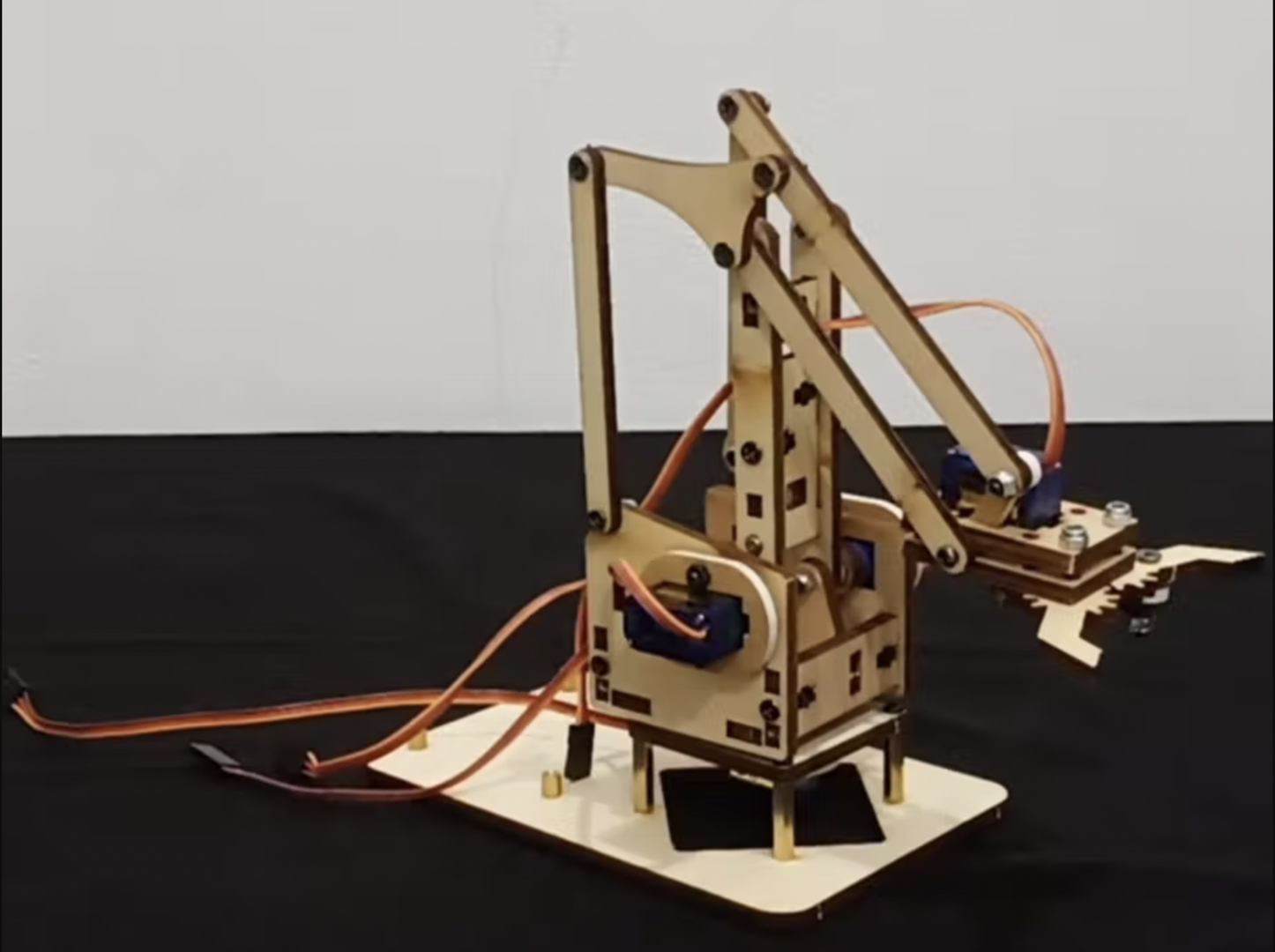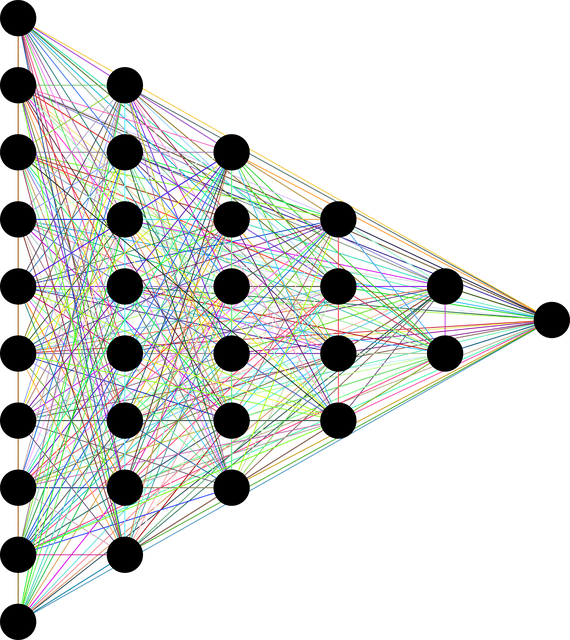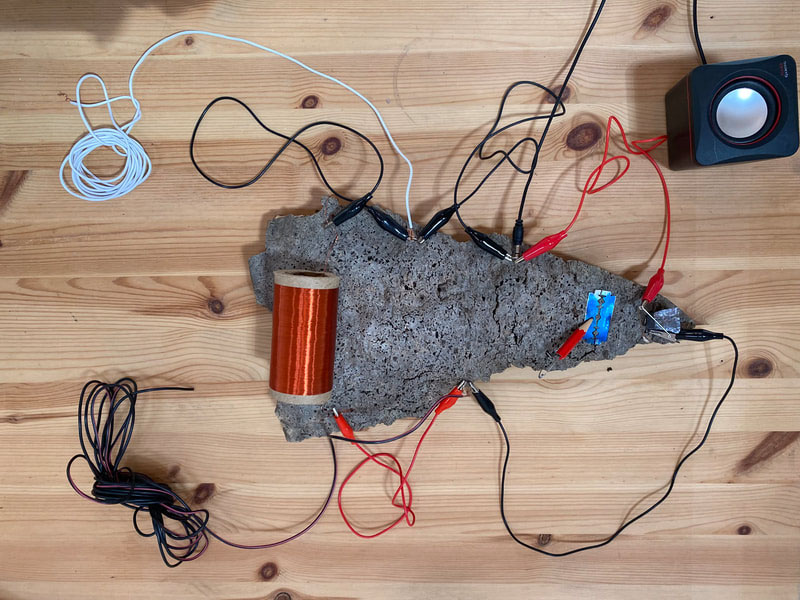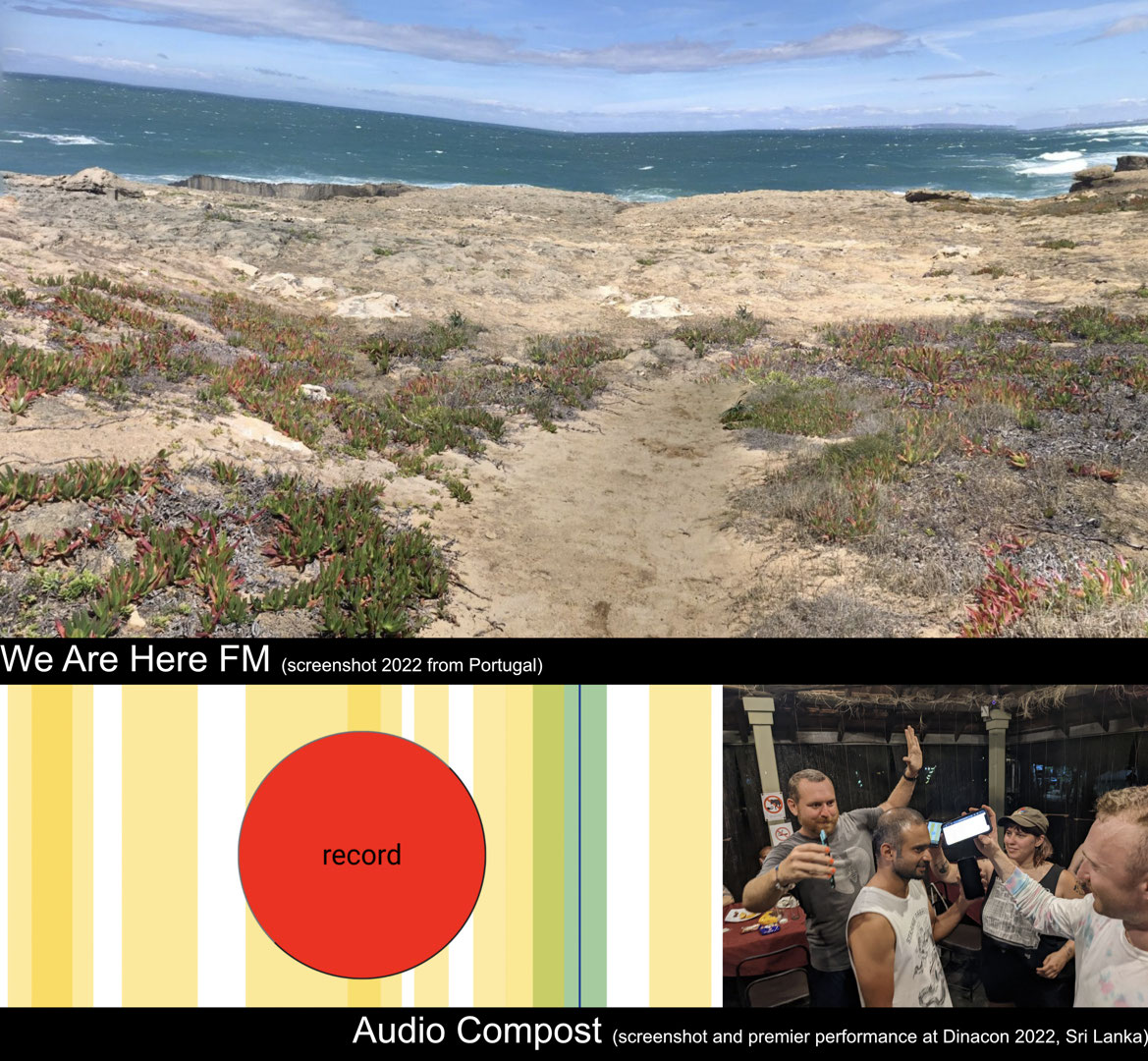
Creatives, designers, painters welcome! No previous knowledge in electronics or circuit design is needed.
As a creative design / drawing workshop we want to explore how creativity can be use to make unique designs of fuctional electronic circuits. We also will discuss what means Open Hardware and why sharing detailed instructions can lead to a diversity of personal designs and improving the accessibility for DIY electronics workshops.
In this creative drawing workshop, we will learn the most basic introduction to read schematics of electronics circuits, and how to implement it as a functional PCB (Printer Circuit Board) where all the connections are drawn in copper. We will learn what are footprints of components and what are the different “layers” for preparing a PCB design for manufacturing (in China factory of DIY home etching).
This workshop also serves for re-thinking the diy-CAD methodology (do-it-yourself Children Aided Design) and applying it to the fork of the peepsy, based on the Continuity Tester by David Johnson-Davies. The peepsy circuit is based on the ATTINY85 functions as a continuity tester, the famouse “peeps” of every multimeter, that allows you to test if an electric connection is present, testing your aux cables, or debbugging other electronics. And it has a pink LED on it!
What circuit will we do?
The example circuit is based on the peepsy, by Michael Egger (a.n.y.m.a.) and it has even a practical function as a continuity tester, the most useful tool to test if a connection is present, in a cable or on a circuit. It’s the “peep” that is one of the functions of all multimeters, and usually the one we use the most! The circuit is very simple, 1 capacitor, 2 resistors, 1 LED, a buzzer to make the “beep”, a coin battery holder and an µ-controller (the Attiny85). Due to the special software on the attiny, it will “sleep” all the time, and only use a little electricity when testing, so the battery last almost forever!
All the materials will be available on site, pen and paper, colors, footprints.
https://www.hackteria.org/wiki/Diy-CAD#Workshops
Marc R. Dusseiller
Dr. Marc R. Dusseiller is a transdisciplinary scholar, lecturer for micro- and nanotechnology, cultural facilitator and artist. He performs DIY (do-it-yourself) workshops in lo-fi electronics and synths, hardware hacking for citizen science and DIY microscopy. He also loves coconuts. He was co-organizing Dock18, Room for Mediacultures, diy* festival (Zürich, Switzerland), KIBLIX 2011 (Maribor, Slovenia), workshops for artists, schools and children as the former president (2008-12) of the Swiss Mechatronic Art Society, SGMK and co-founder of the new Hackerspace collective Bitwäscherei (2020) in Zürich. He has worked as guest faculty and mentor at various schools, Srishti Institute of Art, Design and Technology (IN), UCSB (USA) and in Switzerland, FHNW, HEAD, ETHZ. In collaboration with Kapelica Gallery, he has started the BioTehna Lab in Ljubljana (2012 – 2013), an open platform for interdisciplinary and artistic research on life sciences. Currently, he is developing means to perform bio- and nanotechnology research and dissemination, Hackteria | Open Source Biological Art, in a DIY / DIWO fashion in kitchens, ateliers and in the Majority World. He was the co-organizer of the different editions of HackteriaLab 2010 – 2020 Zürich, Romainmotier, Bangalore, Yogyakarta and Klöntal, Okinawa and collaborated on the organisation of the BioFabbing Convergence, 2017, in Geneva and the Gathering for Open Science Hardware, GOSH! 2016, Geneva & 2018, in Shenzhen.












